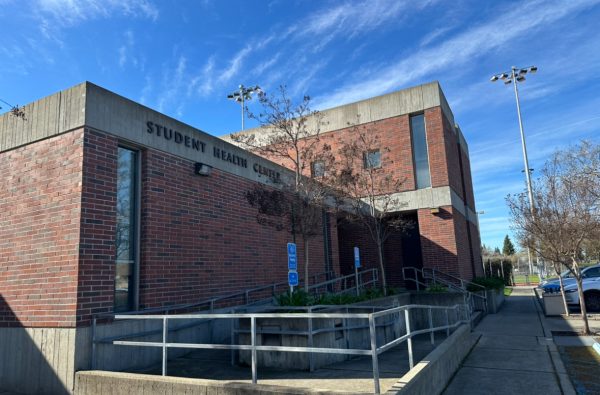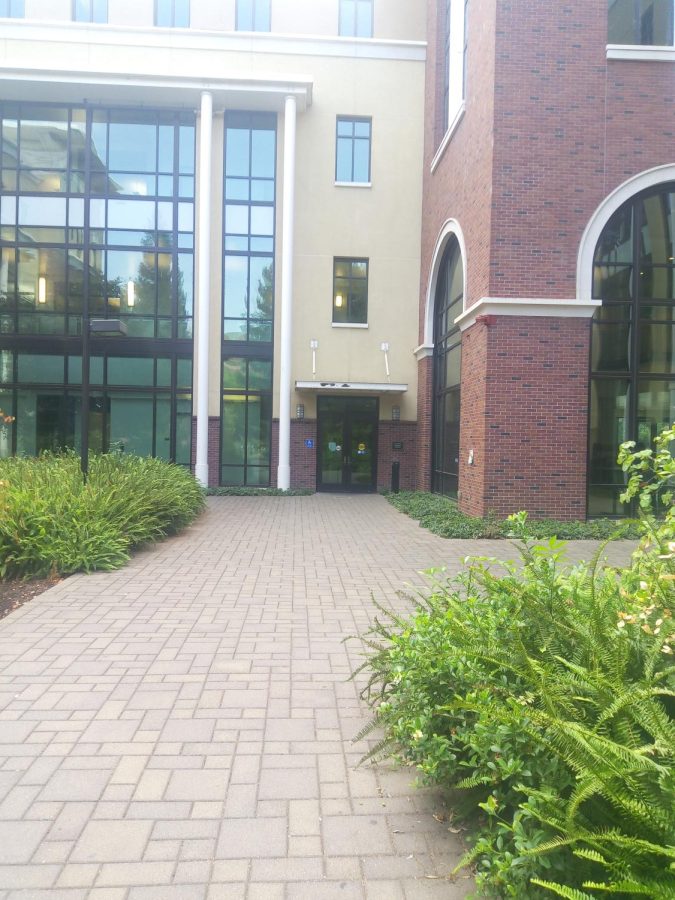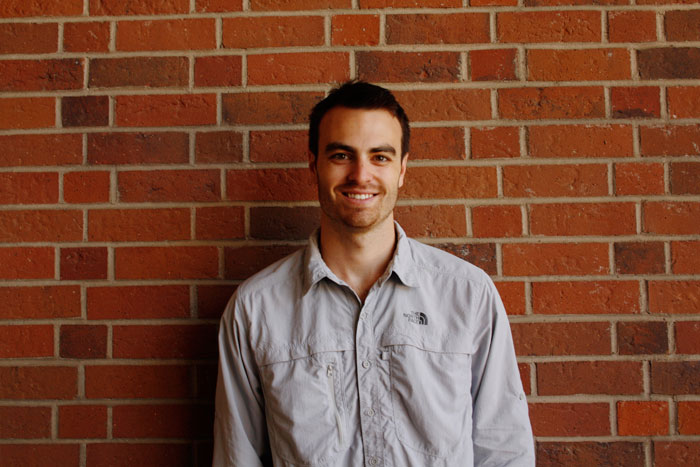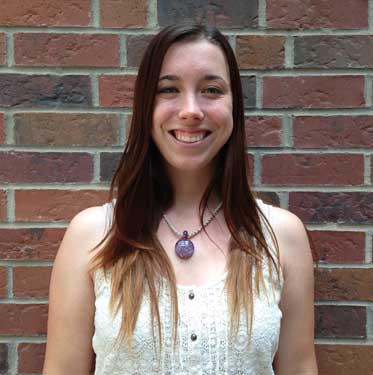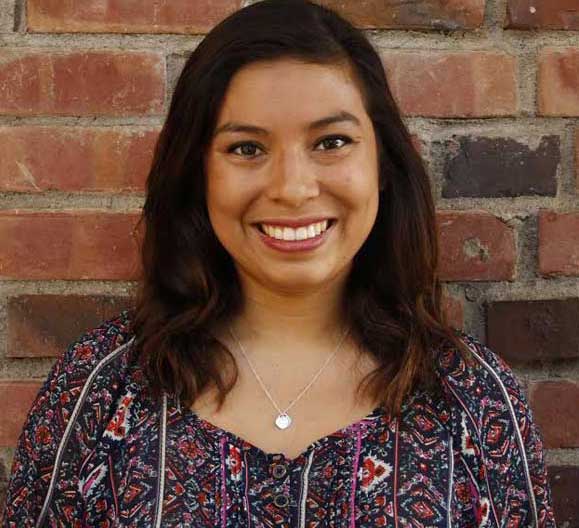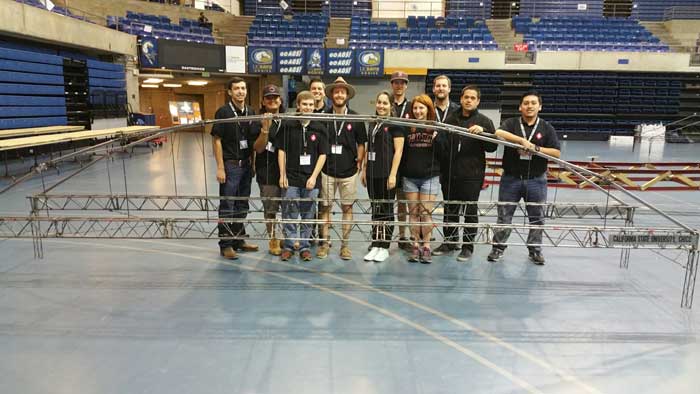Published 2002-11-13T00:00:00Z”/>
Sierra Countis<br>Staff Writer
Adonas paces back and forth stealthily with each step he takes. His incredibly intense eyes can see past the confines of his cage, reminding people that he is anything but tame.
Adonas throws his enormous head back, showing off his pearly white incisors that immediately instill fear in any living thing within his vicinity.
Weighing 640 pounds, Adonas begins to speak to his caretaker, Roberta Kirshner, as best a Bengal tiger can.
The moment he opens his enormous mouth, deep growls are sent in Kirshner’s direction as if Adonas is having a chat with her.
His intimidating demeanor turns from terrifying to playful as a 4-pound kitten.
Making the rounds to check on more than 20 exotic cats, pythons, tortoises, lizards, birds and horses is all in a day’s work at the Barry R. Kirshner Wildlife Foundation in Durham.
Roberta Kirshner said the foundation was created in 1994 in memory of her son Barry, who was killed in an car crash.
The nonprofit organization is 100 percent volunteer-run. Twenty-seven people take care of the animals at the foundation, including a handful of Chico State University students, some of whom are veterinarian technicians who devote hours during their school week to participate in the program.
The group of volunteers works as a mobile educational unit that travels to elementary schools to give children a hands-on experience with wild animals.
Kirshner said the program has also gone to 42 nursing homes. Kirshner said the foundation is one of the only places in the United States with nine languages available to teach its programs — Spanish, Hmong and sign language are the most commonly used.
Kirshner’s son got the idea to start the educational program based on his personal experience. Barry graduated from high school without knowing how to read. He was dyslexic, and it took him tutoring after graduation to finally learn.
Kirshner said her son wanted to give back to the community so he combined his love of animals with his desire to educate. Everything is special about the animals at the foundation.
“Seventy-two percent of the animals are special need,” Kirshner said.
Some of the animals were referred to the foundation because of medical conditions that prohibit them from ever being released into the wild again.
Others were exotic pets that became more than their owners could handle.
“We try to explain love’s not enough,” Kirshner said, and added that the novelty of owning a lion cub or a Bengal tiger often wears thin once the cat is full-grown.
“You have to have the qualifications, and rightfully so. These animals are very dangerous,” Kirshner said. “You can’t take the wild out of them.”
Nakobi roams the spacious cage and looks every bit the “king of the jungle” with his bushy mane, sharp teeth and fierce gaze. Kirshner said Nakobi’s owner couldn’t get a license for the lion in California so she took him in.
Sean is two cages down from Nakobi. The beautiful white Siberian-Bengal tiger was born with seizures and almost completely blind. Sean has been raised in the loving care of the foundation.
Kirshner said that since Sean can only sees shadows, she put cayenne pepper on the posts of Sean’s cage and Vick’s VapoRub on his toys to help him establish his surroundings.
Wylie the Coyote sleeps peacefully behind her doghouse, seemingly unaware of anyone around. Wylie was brought to Kirshner after a car hit her.
After being treated by a veterinarian, it was decided that the animal’s injuries were too severe to release her back into the wild.
“When a diesel pulls in, she goes ballistic,” Kirshner said.
The foundation has been abuzz with anticipation in the past few weeks with the news that a new addition is on the way, in the form of a baby snow leopard from a facility in Kansas.
“We’ve been waiting five years. We’re so excited,” Kirshner said.
The leopard has already been named Kiki and she is an addition to the family of animals Kirshner has been eager to have.
She will be traveling to Kansas Saturday to pick up the healthy cat. The foundation is asking for donations to help cover the expensive costs of transporting the snow leopard and building a habitat for her.
For more information about the Barry R. Kirshner Wildlife Foundation or to make a donation, check out the Web site at www.kirshner.org. Appointments can be set up during the week to visit the animals in Durham by calling 345-1700.
“It’s a privilege to be here,” Kirshner said. “I feel fortunate to be here every day.”
<em>Sierra Countis can be reached at <a href= “mailto:[email protected]”>[email protected]</a></em>
